Modern web browsers are rapidly evolving from simple gateways into intelligent assistants that can anticipate user needs, automate online tasks, and deliver personalized experiences.
This transformation is driven by advancements in AI and fierce competition among browser developers, fundamentally changing how we interact with the digital world.
Currently all major browsers are supporting some type of integrated AI assistant. They are able to interface with your open tabs, create interactive content summaries, allow you to make notes through integrations and more.
In this article we take a look at how AI is being integrated in the major browsers and how it may change the way we search and consume information for good.
What’s Fueling AI Integration?
Several factors are accelerating the adoption of AI in browsers:
- Advanced AI models like large language models (LLMs) now enable highly contextual and responsive assistance.
- User expectations have shifted towards more personalized, intuitive, and efficient browsing.
- Renewed competition in the browser market is sparking rapid innovation and feature rollouts.
- Data collection through browsers is increasingly valuable for AI training and monetization.
How Leading Browsers Are Embracing AI
Major browser providers such as Google Chrome and MS Edge are integrating their AI chatbots into the browser search workflow. This powerful combination is allowing for a different search and explore paradigm that is upending established industries such as SEO and data scraping.
Let's take a quick look at how AI is currently integrated in popular browsers.
Feature Comparison Page
Google Chrome
Chrome leads with its Gemini AI assistant, integrating features such as:
- Understanding web content: Gemini can help you easily understand what you're reading by summarizing information for faster decisions or clarifying complex subjects.
- Getting tasks done: It can assist with tedious tasks, such as tailoring recipes to your needs, customizing home project plans, or creating study aids.
- Creative assistance: Gemini can offer bespoke style advice, plan fun for a group, find faster ways to cook, brainstorm pet names, or help you learn game-winning strategies.
- Informed purchases: It can help you make informed decisions when shopping.
- Always-there AI: You can launch Gemini from the top of your Chrome window and ask questions or get help without opening a new tab.
- Gemini Live: This feature allows for more intuitive, real-time, spoken conversations with Gemini to brainstorm and organize thoughts.
- Gemini Shortcut: You can type "@Gemini" in the address bar to start a chat for creative and complex tasks like planning a trip or learning about a new topic.
- AI-powered History Search: You can search your browser history using everyday phrases to quickly find pages you've previously visited, even if you don't remember the exact site.
- Security and Control: Google emphasizes that your data is protected by Google's security, and you have control over whether Gemini saves your activity and accesses page content.
Chrome’s hybrid approach combines cloud-based and on-device AI for better performance and privacy. Its deep integration with Google’s ecosystem sets industry benchmarks, though it raises questions about data privacy and competition.
Microsoft Edge
Edge positions itself as the enterprise AI browser, integrating Copilot for:
- Summarization: It can summarize the content of webpages, PDFs, and even videos you are viewing, providing quick overviews.
- AI-powered Chat: You can ask Copilot anything through chat or voice, getting quick and relevant answers without leaving the current page.
- Image Generation: Copilot can generate images directly in the Edge sidebar based on your prompts.
- Personalized Daily Briefings: Get a customized summary of news, weather, and updates to start your day.
- Copilot Vision: This feature allows Copilot to "see" what's on your screen and provide real-time, personalized responses, using voice interaction.
- Copilot Voice: Interact with Copilot using voice commands, available in over 40 languages with various voice options.
- File Upload: Upload and download files like PDFs, documents, and images for Copilot to process or assist with.
- Chat Mode Menu: Choose from different chat modes like "Balanced" for concise answers, "Creative" for brainstorming, or "Deep Research" for complex topics and data analysis.
- Share Page Content: Grant Copilot permission to use your current webpage context, browser history, and preferences for more tailored responses and better summarization.
- Copilot Discover: A dedicated page within Copilot that offers daily news and personalized inspiration.
- Ask Copilot (Contextual Chat): Highlight text on a page and directly ask Copilot questions related to that specific portion of content.
- Keyboard Shortcuts: Easily open Copilot using keyboard shortcuts: CTRL + Shift + . (Windows) or Command + Shift + . (Mac).
- @Copilot in Address Bar: Directly ask Copilot a question by typing @Copilot in the Edge address bar.
- Personalization: You can give Copilot permission to use your chat, Bing, and MSN activity for more personalized experiences.
- Copilot Pro: For priority access to the latest AI models, higher usage limits, and early access to new features, you can sign up for Copilot Pro.
Microsoft champions an open agentic web with interoperable AI agents and open standards, leveraging partnerships and its own AI advancements.
Opera Aria
Opera innovates with Aria AI and the Opera Neon agentic browser. Opera claims to be the first browser to work on native deep integration of Ai into the browser environment while other are layering Ai on top.
- Download and Run Local Models: A major differentiator with Aria is its ability to download and run 100's of open source models, increasing privacy, specialization and accessibility. Only available in the developer experimental features at this point.
- Chat and Information Retrieval: Aria acts as an AI-powered chatbot, providing fast, accurate answers to your questions with real-time web access in over 50 languages. It can summarize articles, explain complex concepts, and provide deeper information with links to sources and search suggestions.
- Compose Mode: Generate various content types (articles, emails, essays) with specific styles (formal, neutral, informal) and lengths.
- Writing Mode: Refine, generate, and spell-check text directly on webpages.
- Refiner Tool: Rephrase highlighted parts of Aria's responses, reuse selected text from previous answers for follow-up questions, and highlight text within conversations for easy reference.
- Image Generation: Create images from text prompts for free (with limits: 5 per day without an account, 30 with an Opera account).
- Image Understanding: Upload images and ask Aria questions about them to get details, find products, or even transcribe notes from screenshots.
- Accessibility: Aria can read its answers aloud using text-to-speech technology in multiple languages, allowing for easy multitasking or language practice.
- Quick AI Access: Access Aria from Opera's sidebar or use the Command Line by pressing Ctrl + / (or Cmd + / on Mac) for quick queries without leaving the page.
- Page Context Mode: Within the Command Line, press Tab to ask Aria questions specifically about the content of the webpage you're currently viewing (e.g., summarize, main points).
- AI Tab Commands: Use agentic AI to control your browser tabs, allowing you to group, close, pin, and save tabs with simple commands, reducing manual hassle. This feature is private, as no tab information is sent to Aria servers.
- Instant AI Web Interaction: Highlight any text on a webpage and select an Aria option to instantly explore, explain, or translate the highlighted content.
- No Account Needed: You can use many of Aria's features for free without signing in, though signing in provides more image generation capacity and access to chat history.
Opera Neon
Opera Neon is an experimental browser from Opera that is the first Agentic browser (at least from a major browser company). Neon says it is "an agentic browser designed to understand your intent, assist with tasks, and take actions. It's built to help you get things done and explore what's possible when intelligent agents work alongside you." Opera Neon is a subscription-based product, currently available via an invite-only waitlist.
- Real-Time Answers: Provides instant, web-based information and answers to questions.
- Contextual Information: Offers insights and summaries about the webpage you're currently viewing.
- Content Generation: Capable of generating various types of content, from research and writing to translation.
- Image Generation & Analysis: Can create images from prompts and analyze uploaded images.
- Voice & Multilingual Support: Understands and supports over 50 languages for voice input and translation.
- Autonomous Web Interaction: Acts as a smart digital operator that can navigate websites and complete tasks on your behalf.
- Smart Task Delegation: Automates routine web tasks like filling forms, booking trips, and online shopping.
- User in Control: Works transparently, showing each step of the automated process, so you remain informed and in control.
- Privacy and Security: Performs tasks locally within the browser to preserve user data and privacy.
- Autonomous Task Execution: Takes complex ideas and turns them into full-scale results, such as content, games, and web applications.
- Multi-Tool Intelligence: The AI agents work across various formats (text, data, visuals, code) and can even install necessary libraries or frameworks to complete tasks.
- Replayable Workflows: Allows users to view a step-by-step replay of how the AI agent executed a task.
- Offline Capability: Can continue working on user creations in a cloud-based virtual machine even when the user is offline.
Perplexity and the Comet Experimental Browser
Perplexity is primarily an AI-powered subscription based answer engine, not a traditional web browser. However, it does offer a browser extension and is developing a browser called "Comet." Here is a breakdown of Perplexity's features, including those related to its browser functionality.
- Pro Search: An advanced AI-powered search for comprehensive, in-depth answers, with the ability to select AI models like OpenAI's GPT 4.1 or Anthropic's Sonnet 3.7. Free users get 3 Pro Searches daily, subscribers get 300+.
- Research (formerly Deep Research): Perplexity's most sophisticated research, using a "test time compute (TTC) expansion" framework to mimic human cognitive processes. It performs numerous searches, reads hundreds of sources, reasons autonomously, and delivers comprehensive reports in 2-4 minutes.
- Agentic Search: An AI-powered search that not only finds information but also understands complex instructions, performs tasks, and makes autonomous decisions.
- Natural Language Processing (NLP): Integrates NLP directly into the Browse experience for easier information finding, content summarization, and AI text generation.
- AI-Native Runtime Environment: Integrates large language models (LLMs) directly into its runtime, using a modular AI orchestration layer to route queries to specialized models (e.g., GPT-4 Turbo for reasoning, Claude 3 for web scraping/summarization, Perplexity's models for fact-checking).
- Understanding your question: Leverages sophisticated AI, including models like GPT-4.1 and Claude 4.0 Sonnet, to interpret the context and nuances of your query.
- Searching the web: Scours the internet in real-time to gather information from authoritative sources like articles, websites, and journals.
- Summarizing information: Compiles relevant insights into clear, concise, and easy-to-understand answers.
- Citing sources: Provides numbered footnotes linking to original sources for easy verification and further exploration.
- Conversational dialogue: Responds in a conversational manner, allowing for natural interaction.
- Source transparency: Every answer includes footnotes for easy verification.
- Contextual memory: Remembers previous queries to enable seamless follow-up questions.
- Focus Modes: Allows narrowing searches to specific sources (e.g., Academic, Writing, Coding, General, Social, Web).
- File Upload: Ability to upload documents (Excel, PowerPoint, Word, PDF, CSV, MD, audio, video) to be used as sources for queries.
- Spaces: Organize threads and files by topic or project, with options for collaboration and custom instructions for the AI.
Google's Experimental Project Mariner
While Google Chrome integrates Gemini for direct assistance, Google is also exploring the future of human-agent interaction with Project Mariner. This research prototype, powered by Gemini 2.0, acts as an advanced AI agent within the browser environment. Unlike conversational AI assistants, Project Mariner is designed to understand complex instructions, reason through tasks, and take autonomous actions on your behalf across various websites.
Available for Google Ultra subscribers right now.
- Multitasking Automation: It can automate up to 10 tasks simultaneously on web browsers running on virtual machines, handling time-consuming activities like research, planning, or data entry.
- Multimodal Reasoning: Project Mariner observes and interprets elements on the browser screen, including text, code, images, and forms, to build an understanding of your goals. It then plans out actionable steps and executes them.
- Transparent Execution: Users can watch Project Mariner work through live views, screen captures, and written step-by-step processes, maintaining transparency and allowing for intervention or pausing at any point.
- Teach and Repeat: Once the AI agent has learned a task, it can replicate the workflow in the future with minimal input, increasing efficiency for recurring activities.
- Contextual Understanding: It leverages sophisticated AI to interpret the nuances of your query and can navigate and interact with websites to carry out its plan.
- Security and Control: Google emphasizes safety features, such as prompts for user confirmation before sensitive actions (e.g., financial transactions) and safeguards against harmful requests. It typically operates only in the active tab and recommends human supervision.
Meanwhile, browsers like Brave focus on privacy with Leo AI, Apple’s Safari is expected to emphasize on-device AI, and Vivaldi opts out of AI integration due to privacy and accuracy concerns.
AI’s Impact on Search, Content, and Behavior
The integration of AI is changing how users discover and consume information. AI Overviews and conversational search provide direct answers, reducing the need to click through links. This disrupts web traffic patterns, requires new SEO strategies, and encourages the development of more API-driven, machine-readable web content.
For users, AI brings more personalized and efficient browsing. For creators and businesses, it demands adaptation to ensure content is visible and monetizable in AI-driven summaries and recommendations.
Risks and Challenges
- Information quality: AI can introduce errors or biases, challenging user trust.
- Data privacy: Extensive data collection for personalization and AI training raises concerns over consent and security.
- Security threats: AI also powers more sophisticated cyberattacks, requiring advanced defenses.
- Ethical issues: Achieving the right balance between personalization, privacy, and informed consent remains complex.
Browser developers are responding with local AI processing, granular controls, and transparent policies, but the balance between rapid innovation and ethical responsibility is an ongoing struggle.
The Road Ahead: Agentic and Trustworthy Browsers
The future points to agentic AI browsers, digital partners that proactively complete tasks and adapt interfaces in real-time. Achieving this vision depends on improving AI reliability, transparency, and data stewardship. The development of AI agent stores, open protocols, and hybrid architectures will further shape the next era of browsing.
The “browser wars” now hinge on AI sophistication and user trust. The industry’s challenge is to drive innovation while upholding privacy, security, and ethics, ensuring browsers enhance, rather than restrict, user empowerment and web openness.
Conclusion
AI-powered browsers are unlocking advanced digital capabilities for billions, but they also concentrate influence among a few tech giants. As browsers evolve into intelligent digital partners, the choices made by developers today will determine the openness, equity, and trust of tomorrow’s internet.
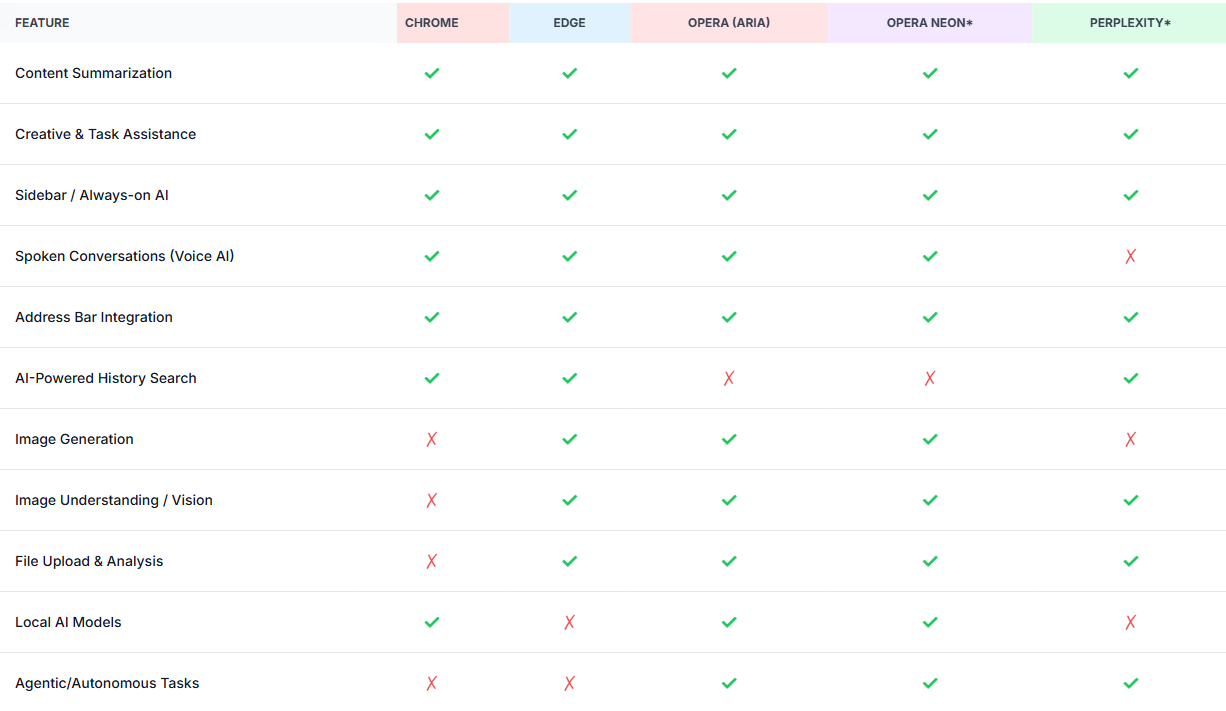
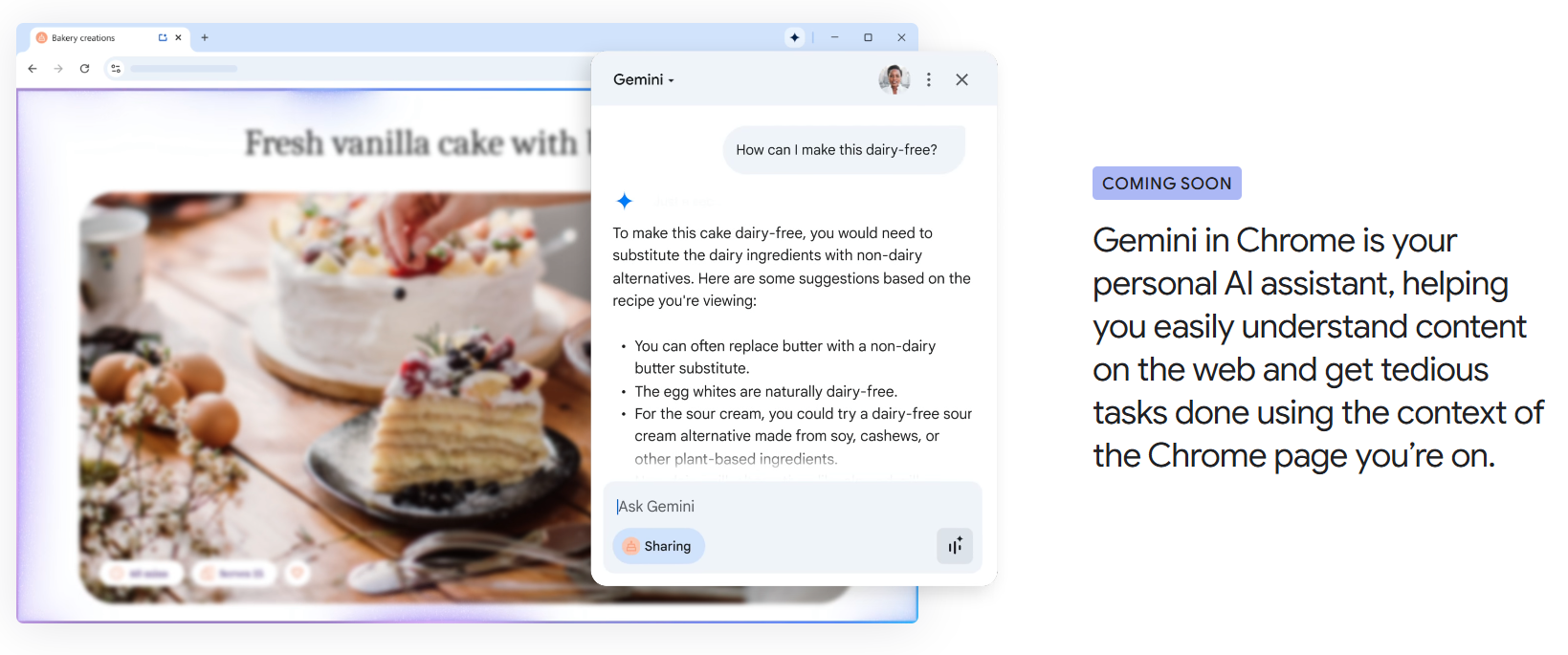
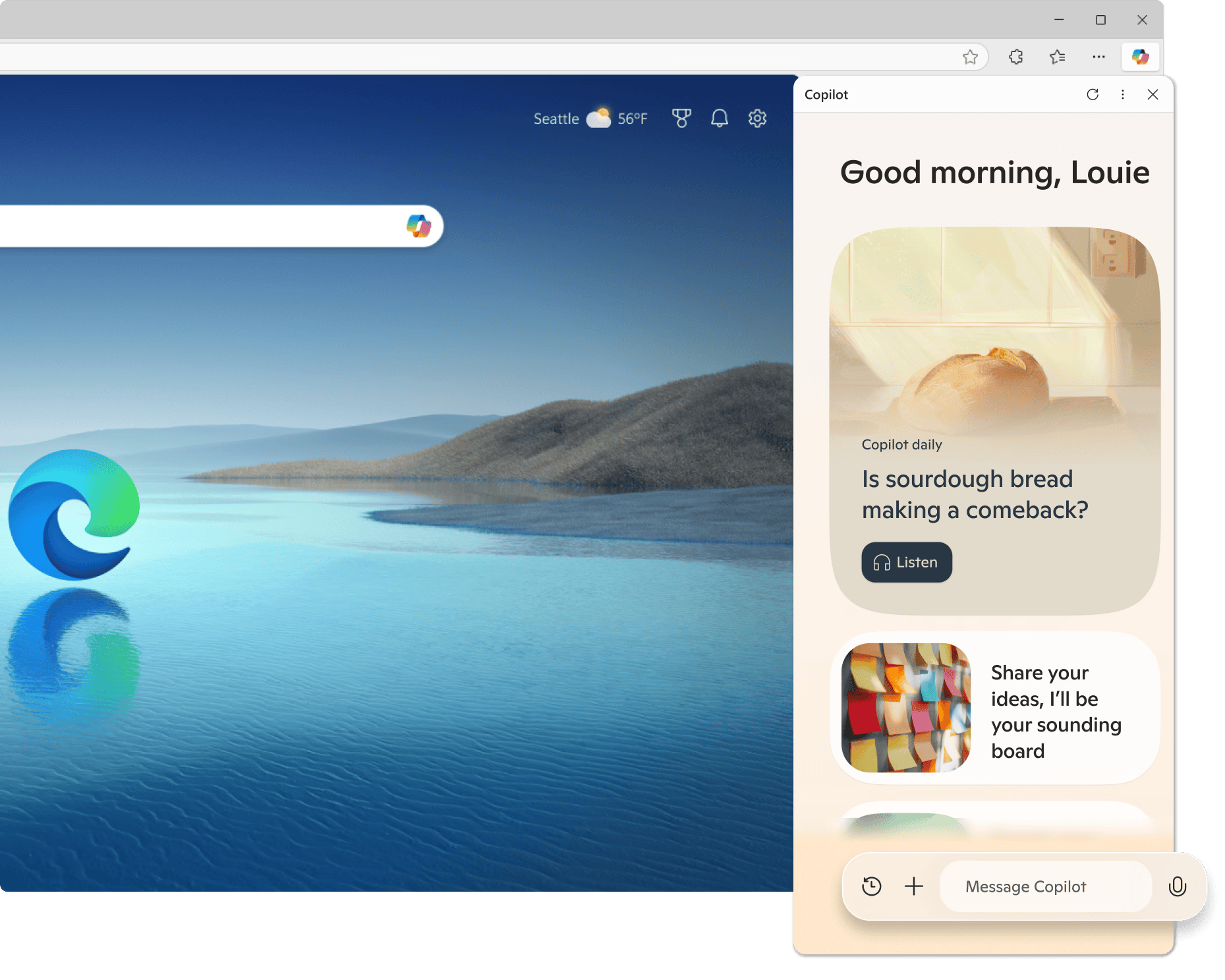
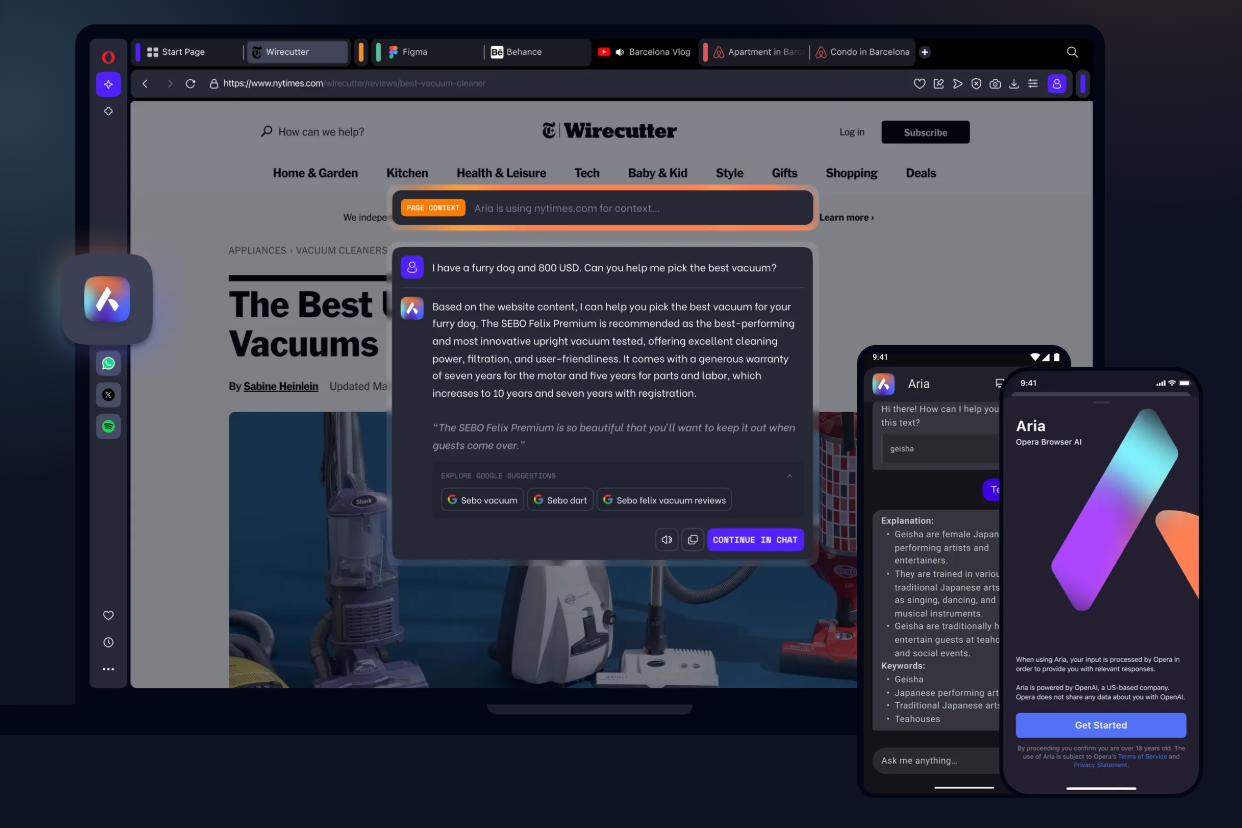
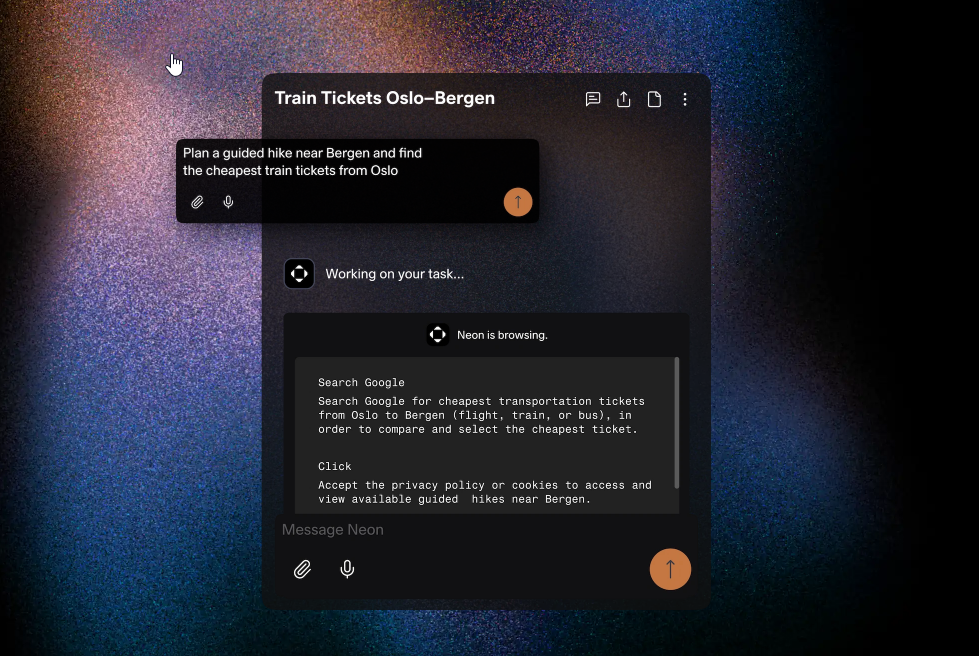
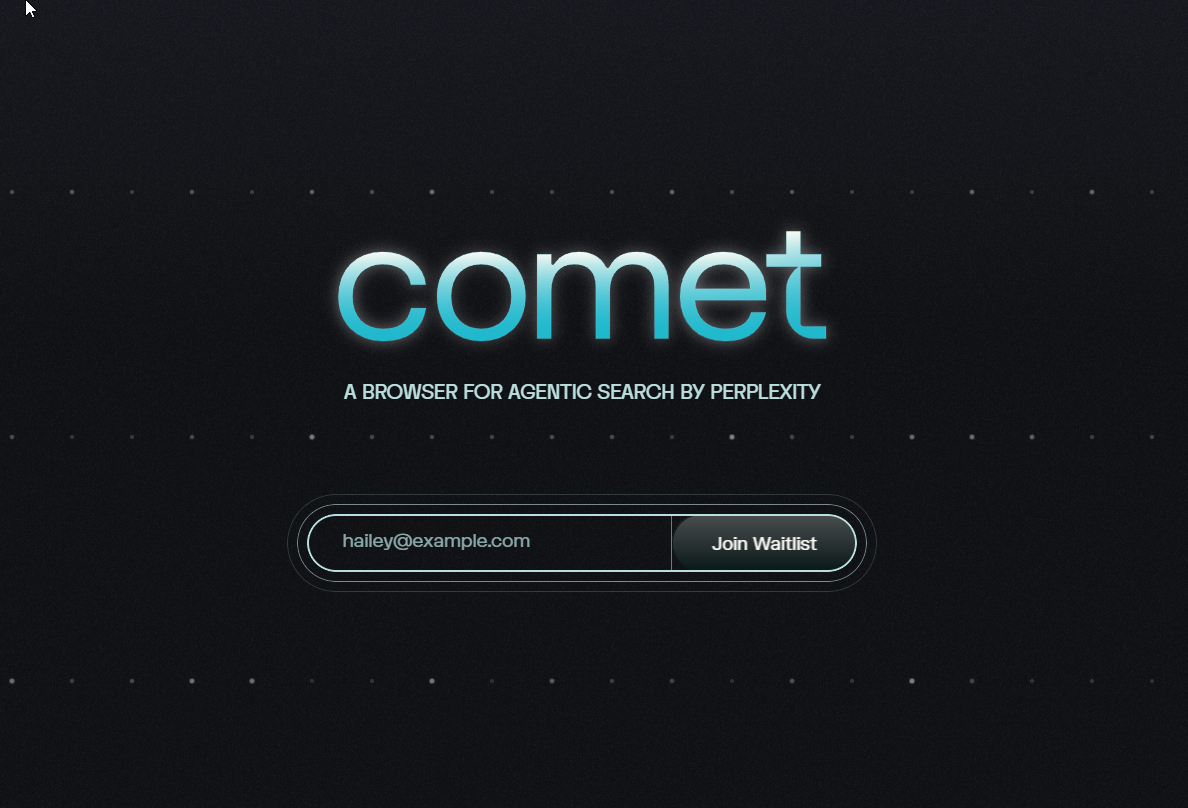
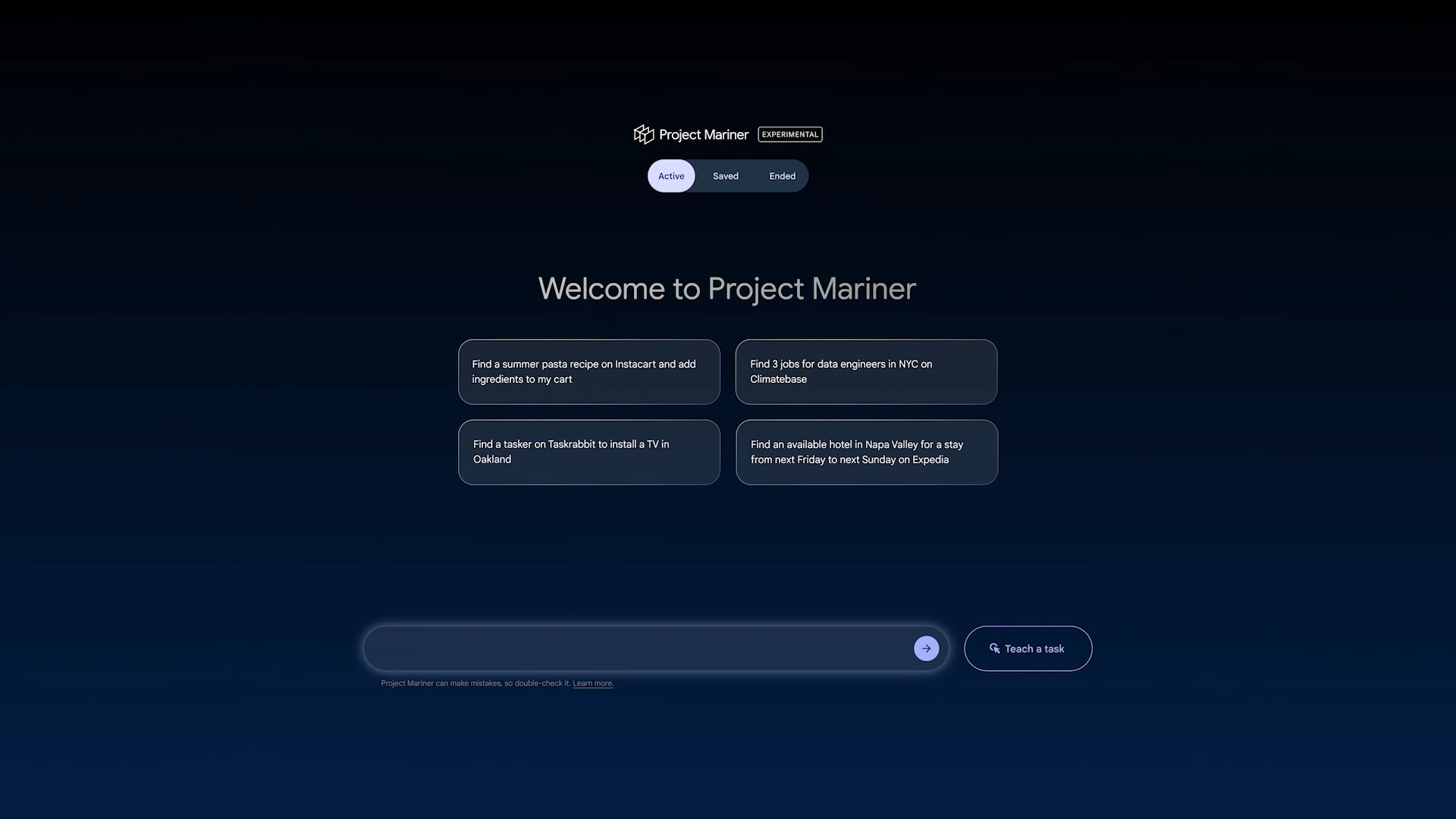

AI Is Transforming Web Browsers: From Search to Intelligent Assistants